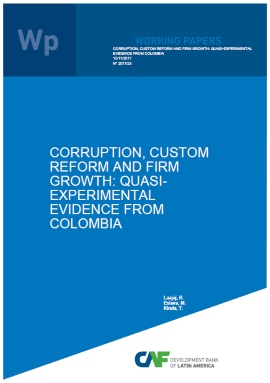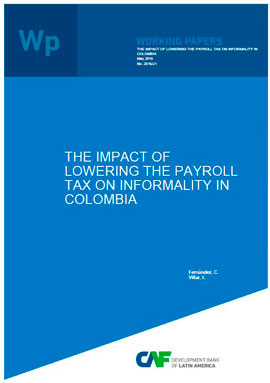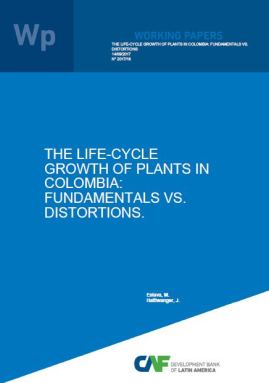Corruption, Custom Reform and Firm Growth: Quasi-Experimental Evidence from Colombia
Resumo
Customs are often prone to corruption because it concentrates a lot of discretionary power in the hand of custom agents who take decisions with high economic stakes for the firms, providing an opportunity for custom agents to extract a rent from the firms. Communication technologies offer the possibility to limit this discretionary power by reducing direct interactions between firms and custom agents. Combining firm level panel data on about 6,000 manufacturing firms with custom level data, we assess the effects on firm level outcomes of a computerization of import transactions that occurred sequentially in the 26 Colombian customs between 2000 and 2005. We apply a triple difference strategy that makes use of the variation between customs, time and the firms' exposure to the reform, based on whether it was an importing firm before it started. We find large effects of the computerization of the custom on the growth of importing firms' inputs, investments and value added. We also provide evidence of a large increase of imports declared, taxes collected, and a reduction in corruption cases following the custom reform.
Assunto
País / Región
Data
2017-11-15Cite esta publicação
Item que pertence à coleção

Autor
Laajaj, RachidEslava, Marcela
Kinda, Tidiane
Items Relacionados
DIGintegrity. Digitally transforming the fight against corruption
The well-known and unprecedented corruption scandals that occurred in Latin America during the last decade suggest that the region faces a phenomenon ...
The impact of lowering the payroll tax on informality in Colombia
The Colombian government recently reformed the tax law by reducing payroll contributions from 29.5% to 16% and substituting them with a profit tax. The ...
The Life-cycle Growth of Plants in Colombia: Fundamentals vs. Distortions
We take advantage of rich microdata on Colombian manufacturing establishments to decompose growth over an establishment’s life cycle into that attributable ...





